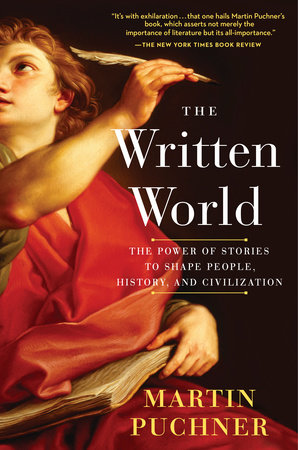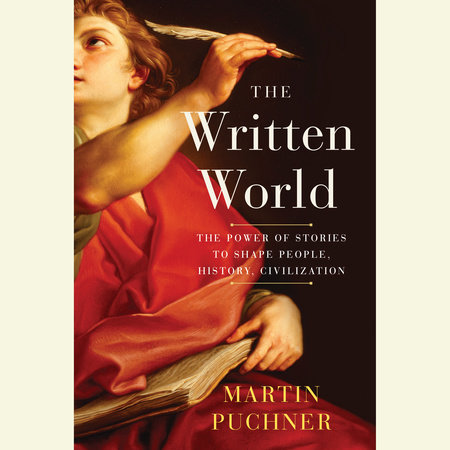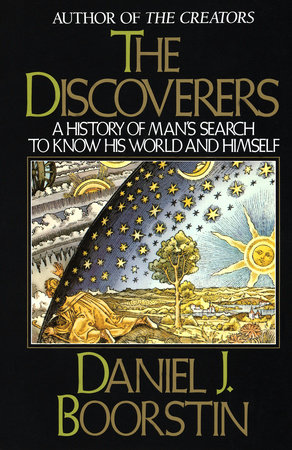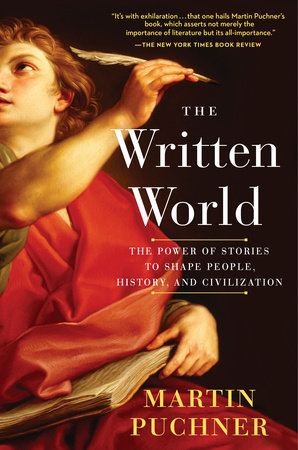

The Written World
By Martin Puchner
By Martin Puchner
By Martin Puchner
By Martin Puchner
By Martin Puchner
Read by Arthur Morey
By Martin Puchner
Read by Arthur Morey

-
$22.00
Jul 24, 2018 | ISBN 9780812988277
-
Oct 24, 2017 | ISBN 9780812998948
-
Oct 24, 2017 | ISBN 9780525524571
723 Minutes
Buy the Audiobook Download:
YOU MAY ALSO LIKE
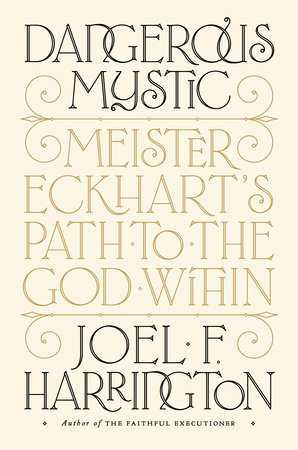
Dangerous Mystic
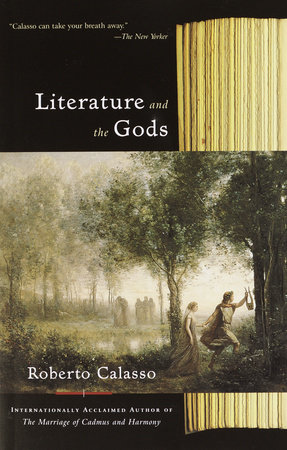
Literature and the Gods
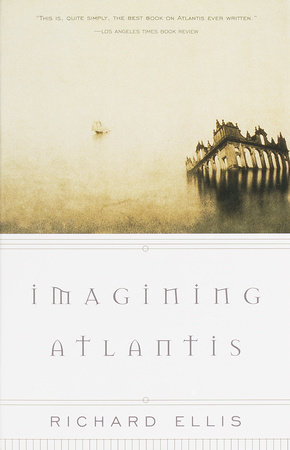
Imagining Atlantis
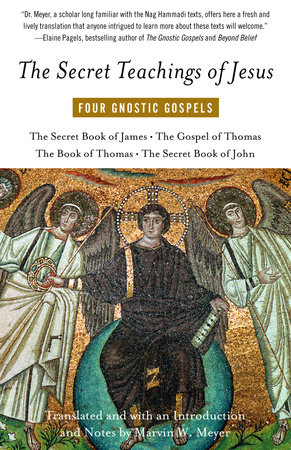
The Secret Teachings of Jesus
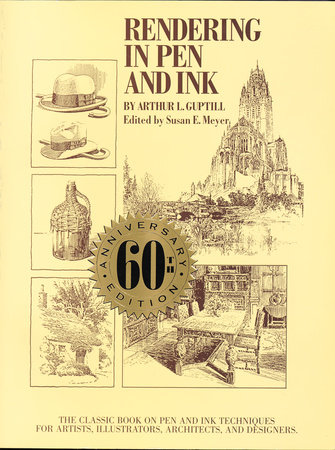
Rendering in Pen and Ink
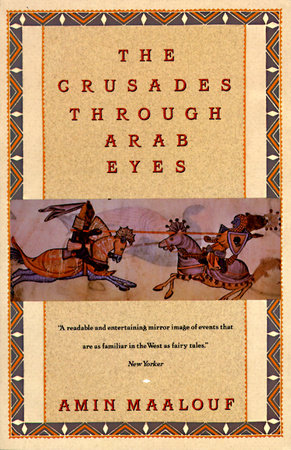
The Crusades Through Arab Eyes
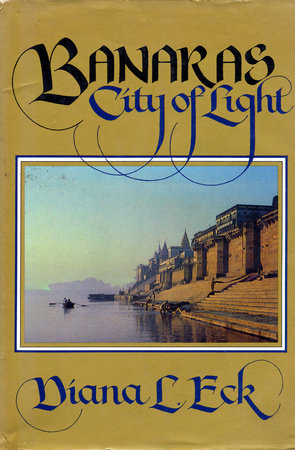
Banaras
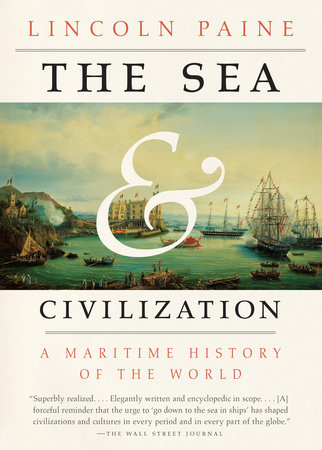
The Sea and Civilization
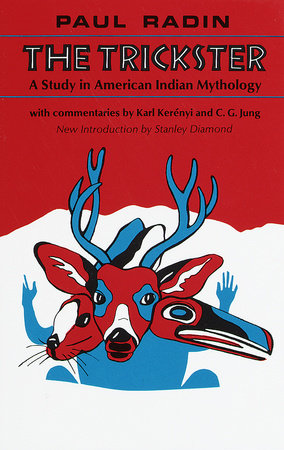
The Trickster
Praise
“[Puchner] emphasises the ubiquity of storytelling across human history, elevating it in the manner of the historian Yuval Noah Harari’s Sapiens: A Brief History of Humankind into perhaps the defining human trait, necessary to instil the trust on which so much else is built. . . . The book builds a convincing case that writing technologies are more foundational in major historical moments than we may have otherwise thought.”—Financial Times
“If you love literature (and if you are reading this column you probably do), then you are likely to find Martin Puchner’s The Written World: The Power of Stories to Shape People, History, Civilization enthralling. . . . Puchner is a generous, natural teacher who brings these works and their origins to vivid life. . . . Education and enthusiasm combine seamlessly in Puchner’s sweeping narrative, which comprises history, biography, technology and ideas. And while it is a cliché to say he brings literature to life, he does exactly that, connecting the dots of civilization in new and interesting ways. The Written World is perfect reading for a long chilly night, and it will leave you thinking in new ways about the wondrous thing called literature that, perhaps, we sometimes take for granted.”—BookPage
“Puchner has a keen eye for the ironies of history. . . . [His] seemingly boundless curiosity propels him not just through the world of books but around the globe. . . . His ideal is ‘world literature,’ a phrase he borrows from Goethe, who was impatient with cultural frontiers, read Chinese novels and Persian poetry and knew a dozen languages. The breathtaking scope and infectious enthusiasm of this book are a tribute to that ideal.”—The Sunday Times
“In this timely chronicle, Puchner, a professor of English and comparative literature at Harvard University, tells the story both of the ideas that shaped civilization and the equally crucial technology that transmitted and preserved those ideas. . . . By providing snapshots of key moments in the written word’s evolution, Puchner creates a gripping intellectual odyssey.”—Publishers Weekly
“Puchner doesn’t just tell us about the important works of literature that have shaped civilization over four thousand years, from The Epic of Gilgamesh to Don Quixote to J. K. Rowling’s Harry Potter series. He tells us about the people whose personal persuasions led them to create those works. It’s literature not as mirror, then, but as potent force.”—Library Journal
“Well worth a read, to find out how come we read.”—Margaret Atwood, via Twitter
“The Written World is not only an expansive, exuberant survey of the central importance of literature in human culture but also a great adventure story—a story of letters and paper and rocket ships, of ruthless conquerors and elegant court ladies and middle-class entrepreneurs, of the will to power and the dream of freedom.”—Stephen Greenblatt, author of The Swerve: How the World Became Modern
Table Of Contents
Introduction: Earthrise
Map and Timeline of the Written World
Chapter 1: Alexander’s Pillow Book
Chapter 2: King of the Universe: Of Gilgamesh and Ashurbanipal
Chapter 3: Ezra and the Creation of Holy Scripture
Chapter 4: Learning from the Buddha, Confucius, Socrates, and Jesus
Chapter 5: Murasaki and The Tale of Genji: The First Great Novel in World History
Chapter 6: One Thousand and One Nights with Scheherazade
Chapter 7: Gutenberg, Luther, and the New Public of Print
Chapter 8: The Popol Vuh and Maya Culture: A Second, Independent Literary Tradition
Chapter 9: Don Quixote and the Pirates
Chapter 10: Benjamin Franklin: Media Entrepreneur in the Republic of Letters
Chapter 11: World Literature: Goethe in Sicily
Chapter 12: Marx, Engels, Lenin, Mao: Readers of The Communist Manifesto, Unite!
Chapter 13: Akhmatova and Solzhenitsyn: Writing Against the Soviet State
Chapter 14: The Epic of Sunjata and the Wordsmiths of West Africa
Chapter 15: Postcolonial Literature: Derek Walcott, Poet of the Caribbean
Chapter 16: From Hogwarts to India
Acknowledgements
Notes
Illustration Credits
Index
21 Books You’ve Been Meaning to Read
Just for joining you’ll get personalized recommendations on your dashboard daily and features only for members.
Find Out More Join Now Sign In






